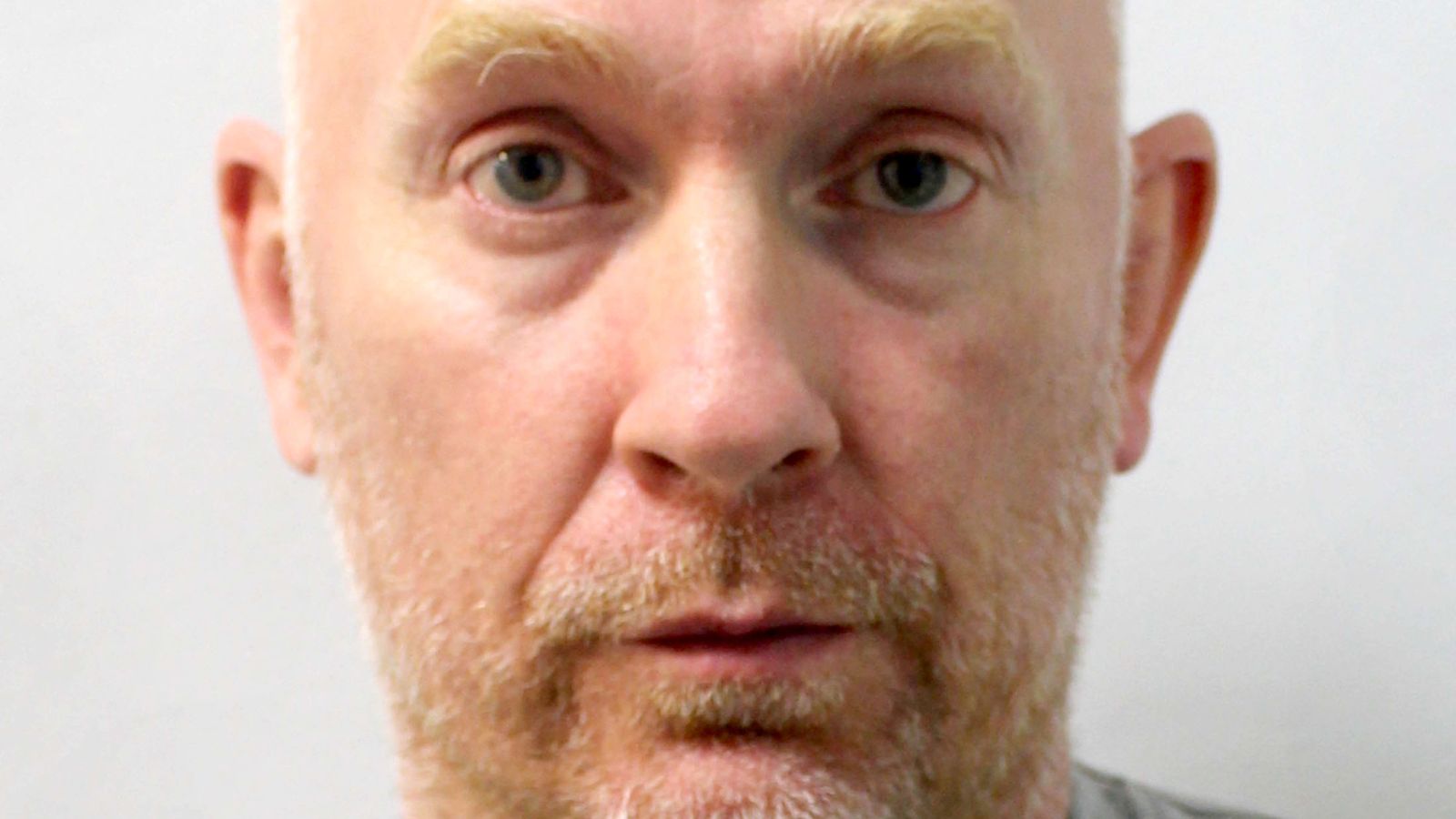Wayne Couzens should never have been a police officer and there needs to be a “radical overhaul” of police recruitment to stop “another Couzens operating in plain sight”, an inquiry into the rape and murder of Sarah Everard has found.
The independent report – the first of three that will be published by Lady Elish Angiolini – delivered a damning verdict on how three separate police forces “could and should” have stopped Couzens.
The Home Office commissioned inquiry was established to understand how the off-duty Metropolitan Police officer was able to carry out his horrendous crime.
Today’s report examined Couzens’ career and highlights how major red flags about him were “repeatedly ignored” by police vetting and investigations.
A preference for “extreme and violent pornography” and “a history of excessive spending and personal debt” were among the warning signs that were missed.
The inquiry said it has also seen evidence that Couzens allegedly committed a “very serious sexual assault against a child” before his policing career even began.
The firearms officer will never be released from prison after he used his police-issued warrant card to stage a fake arrest and snatch Sarah Everard in Clapham, south London, on 3 March 2021.
He drove the 33-year-old marketing executive to a secluded rural area near Dover in Kent, raped and strangled her with his police-issue belt before burning her body in a fridge and dumping her remains in a pond.
After the harrowing killing, it emerged there had been concerns about Couzens’ behaviour while he was a police officer, with reports he was nicknamed “the rapist”.
Couzens indecently exposed himself three times before the murder, including twice at a drive-through fast food restaurant in Kent in the days before the killing.
He was not caught despite driving his own car and using his own credit card at the time.
Publishing her findings, inquiry Chair Lady Elish Angiolini said: “Failures of investigations, failures of recruitment processes, and failures of vetting policy and practice are a depressingly familiar refrain in policing.
“Wayne Couzens should never have been a police officer. And, without a significant overhaul, there is nothing to stop another Couzens operating in plain sight.”
Couzens failed at interview when he first tried to join Kent Police in 2004.
He became a volunteer constable with the county’s special constabulary in 2006, before failing to gain vetting clearance in a further application to join the regular police force in 2008.
Despite that vetting failure, he continued to work as a volunteer officer.
Read more:
How Sarah Everard’s killer was caught
Timeline: Wayne Couzen’s behaviour and crimes
Please use Chrome browser for a more accessible video player
The next missed opportunity identified by the report was in 2011, when Couzens moved to the Civil Nuclear Constabulary (CNC).
His application was vetted by Thames Valley Police, which recommended that Couzens should not pass vetting on the grounds of his financial situation.
Couzens’ financial issues
At the time he had an Individual Voluntary Arrangement, used by those in debt wishing to avoid bankruptcy, but the recommendation was not followed.
During an episode in 2013, when he was serving as an authorised firearms officer with the CNC, Couzens was “reported missing” from home. But the CNC was not informed and therefore denied an opportunity to revisit his suitability as a constable.
Couzens then moved to the Met in 2018 but again his initial vetting was “flawed”.
It failed to take into account entries linked to him on the Police National Database, which included his car being linked to an allegation of indecent exposure in 2015.
Please use Chrome browser for a more accessible video player
The report found that Couzens had substantial unsecured debt by the time he was arrested for Ms Everard’s murder, which “undoubtedly affected his ability to serve as an authorised firearms officer”.
It also details allegations of how Couzens tried to show colleagues violent and extreme pornography. On at least two occasions, he allegedly shared sexually graphic images with young women.
But the most glaring missed opportunities to disrupt Couzens’ offending and end his police career were the failures to properly investigate allegations of indecent assault.
Kent Police made ‘grave error’, report finds
Couzens was the subject of such allegations on four separate occasions before his arrest.
In 2015, a member of the public telephoned Kent Police having just seen a man driving a car while indecently exposing himself.
Almost immediately, officers identified Couzens as the registered keeper of the car and the only male insured to drive it.
But Kent Police closed the case and took no further action, which is described as a “grave error”.
The same force responded to an allegation of indecent exposure directed at a lone female cyclist in a narrow, country lane in Deal in 2020.
Couzens was convicted of the offence in 2023, but the initial case was closed with limited investigation.
Then, just days before he abducted Sarah Everard, Couzens was reported for exposing himself at a drive-through McDonald’s restaurant in Swanley.
But evidence such as CCTV was not collected or considered in the Met’s investigation, which “fell below the standards any victim of crime should expect”.
The inquiry says it is aware of five other alleged incidents of sexual offending involving Couzens which were never reported to the police.
In her report, Lady Elish, a former solicitor general for Scotland, lays out 16 recommendations to “bring about the necessary changes”.
They include an overhaul of police vetting and recruitment, improvements to the police response to indecent exposure and an immediate review of indecent exposure charges against serving police officers.
“I would urge all those in authority in every police force in the country to read this report and take immediate action,” she said. “Sarah’s parents and loved ones live in the perpetual grief and pain of having lost Sarah in this way.
“Her death, and the public discourse it caused, should galvanise those responsible for policing to make sure something like this can never happen again.”
Sarah Everard’s family respond to inquiry
Sarah Everard’s family “strongly support” the recommendations, which will “improve the safety of women and girls”.
In a statement, they said: “The inquiry has helped us, not just because of its significant findings, but because its implementation made us feel that Sarah’s life was valued and her memory honoured.
“Her death has not been dismissed as a tragic event to be acknowledged with sympathy and then forgotten – questions have been raised and action taken to investigate how this tragedy happened.”
They added: “It is obvious that Wayne Couzens should never have been a police officer. Whilst holding a position of trust, in reality he was a serial sex offender.
“Warning signs were overlooked throughout his career and opportunities to confront him were missed. We believe that Sarah died because he was a police officer – she would never have got into a stranger’s car.
“It is almost three years now since Sarah died. We no longer wait for her call; we no longer expect to see her. We know she won’t be there at family gatherings.
“But the desperate longing to have her with us remains and her loss of Sarah pervades every part of our lives.”
The second part of the inquiry will take a broader look at police vetting and recruitment nationally, as well as police culture and the protection of women in public spaces.
Part three will investigate the crimes and career of former Metropolitan Police Officer David Carrick, who was jailed for at least 30 years last year after being unmasked as one of Britain’s worst ever sex offenders.






















